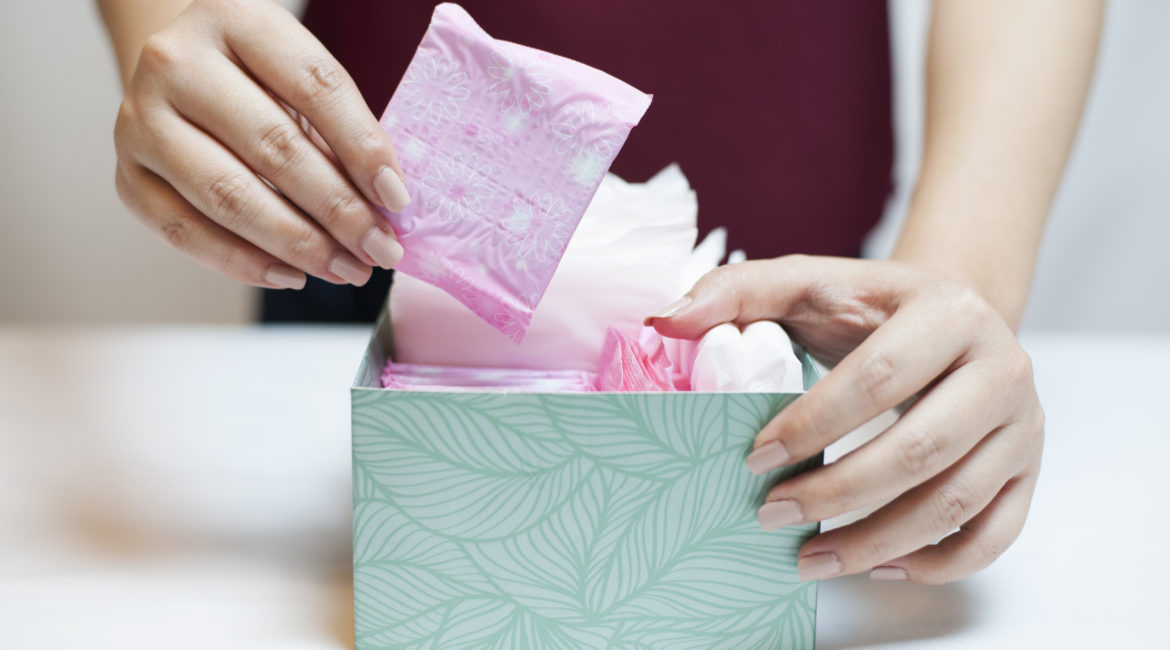Since childhood, many women have been prepared for the reality that is menstrual bleeding in adulthood.
In some cases, they’re taught of the pain and discomfort to come. In others, their period is described as a positive rite of passage into adulthood. In either case, uterine fibroids rarely, if ever, make it into the conversation.
So, if you are diagnosed with uterine fibroids later on, what does that mean for your menstrual bleeding? And just how normal are your symptoms?
The Menace That is Heavy Menstrual Bleeding
“Heavy menstrual bleeding, the most common symptom of uterine fibroids, affects approximately 1.4 million women per year,” the U.S. National Library of Medicine reports.
In other words, if you’ve experienced an increase in your menstrual bleeding since developing uterine fibroids, you are most certainly not alone.
But… what if you’re not sure what constitutes “normal” bleeding versus “heavy” bleeding?
Don’t worry, we have a fairly straightforward answer. Specifically, the Centers for Disease Control and Prevention (CDC) explains that “if you need to change your tampon or pad after less than 2 hours or you pass clots the size of a quarter or larger, that is heavy bleeding.”
Softening the Blow of Your Cycle
So you know if you have heavy menstrual bleeding that stems from your uterine fibroids, but you’ve yet to tackle the biggest question: What do you do about it?
Well, that depends on your personal experience.
For example, “heavy bleeding (which can be heavy enough to cause anemia)” is common, according to the Office on Women’s Health. Thus, if you’ve developed anemia as a result, part of your action plan should be altering your diet to increase your iron intake.
Otherwise, “if you have heavy bleeding from fibroids, your doctor may talk with you about treatments such as medications and surgical procedures that can help stop the flow,” Healthline recommends.
The good news? You don’t have to rely on hit-or-miss medications or invasive surgeries to find relief.
Solutions That Are Local and Long-Lasting
Here at Duval Vascular & Fibroid Center, our team remains dedicated to helping women find long-lasting comfort and relief from their uterine fibroids.
That’s why we offer uterine fibroid embolization (UFE)!
UFE isn’t just an FDA-approved and clinically-proven method for fibroid treatment. It is also a minimally-invasive means for blocking blood blow to the fibroids themselves, thereby denying them nutrients — and causing them to shrink — and allowing you to avoid more comprehensive surgical procedures!
Between long-lasting results and little downtime, comfort is well within reach.
Ready to learn more? Because we’re ready to give you the one-on-one care you deserve! Simply contact our team today by calling 904-423-6017 today to schedule your consultation!






